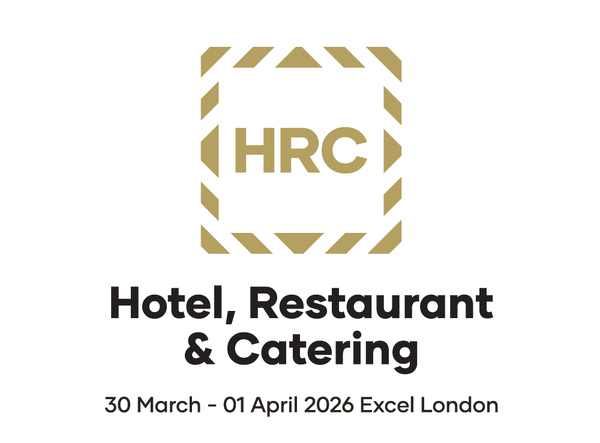Hospitality industry overlooked in review of shortage occupation list
The Migration Advisory Committee (MAC) has not recommended any hospitality roles be added to the shortage occupation list, which makes it easier for businesses to recruit from abroad.
In its first major review since 2020, the independent body rejected calls for chefs and hotel, restaurant, bar, and catering managers to join the list.
However, the MAC has recommended that experienced sommeliers with more than three years’ full time-experience should be eligible for skilled worker visas.
The MAC said it would suggest the role was reclassified as it had seen evidence there were around 500-600 sommelier vacancies in the UK.
The MAC also recommended the Youth Mobility Scheme be expanded to more countries to help sectors with “a more fluid labour market such as hospitality” to recruit.
This scheme allows young people from eligible countries to work in the UK for up to two years without formal sponsorship from employers with no restrictions on the type of work they can do.
The shortage occupation list is designed to help businesses hire people from overseas to fill vacant jobs. It offers a £50 a year discount on visa fees and allows employers to pay candidates 80% of the role’s usual rate, down to a minimum of £20,960.
The MAC recommended that chefs be removed from the list on 2020 as it said not enough was being done to train a UK workforce.
It said there was evidence for a shortage of chefs in the UK in 2023 but the industry was making “slow progress” to improve working conditions and attract more domestic talent.
The MAC said a “substantial” number of chefs were coming to the UK through the skilled worker scheme, and it did not want to push the wages they were offered down by adding the role to the shortage list.
Trade body UKHospitality criticised the report and said it showed “a lack of understanding and outdated perception of chef roles in hospitality”.
“There is a significant amount of work taking place to recruit and train chefs, but the committee needs to recognise that these initiatives take time to bear fruit,” said said UKHospitality chief executive Kate Nicholls.
“The pandemic significantly exacerbated chef shortages by wiping out two years-worth of newly trained chefs and this should have been taken into account.”
The report, commissioned by the UK government, saw the MAC call for the shortage occupation list in its current form to be abolished or “heavily reformed”.
It said it was concerned the current system could lead to exploitation of foreign workers and disincentivise people to hire UK talent.
The MAC suggested it could instead examine individual occupations or sectors facing labour shortages and how immigration policy could be used to help.
If the government keeps the shortage occupation list in its current form, the next MAC review will be in spring 2024.





















